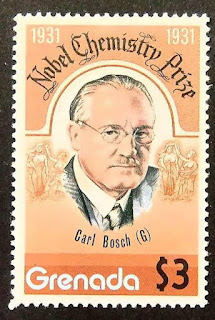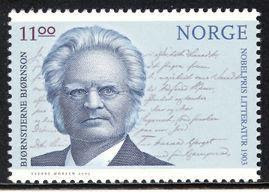James Watt received a patent for improvements to the steam
engine on April 29, 1769. His improvements significantly enhanced the
efficiency and practicality of steam engines, playing a crucial role in
the Industrial Revolution. Watt's innovations, including the separate
condenser and the use of a double-acting cylinder, made steam engines
more economical and versatile, revolutionizing industries such as
mining, transportation, and manufacturing.
Watt was born in Greenock, Scotland, and showed an early aptitude for engineering and mechanics. In the 1760s, he was tasked with repairing a model Newcomen steam engine, which was used to pump water out of coal mines. Through his work on this engine, Watt recognized the inefficiencies of the design and began developing improvements.
In 1769, Watt patented his first major improvement to the steam engine: the separate condenser. This innovation allowed the steam engine to operate more efficiently by keeping the cylinder hot while condensing steam separately, reducing energy loss. Over the following years, Watt continued to refine his designs, introducing further improvements such as the double-acting engine, which produced power on both the up and down strokes of the piston.
Watt's steam engine became widely adopted across industries, revolutionizing transportation, manufacturing, and mining. It powered factories, facilitated the expansion of railways and steamships, and helped drive economic growth during the Industrial Revolution.
In addition to his work on steam engines, Watt made significant contributions to other areas of science and engineering. He developed various instruments, including the Watt steam indicator for measuring the performance of steam engines, and conducted research on the properties of steam and the nature of heat.
James Watt's legacy endures today, with the unit of power, the watt, named in his honor. He is remembered as one of the most influential figures of the Industrial Revolution, whose inventions and innovations helped shape the modern world.

.jpeg)












1.jpg)
.jpg)

















.jpg)








